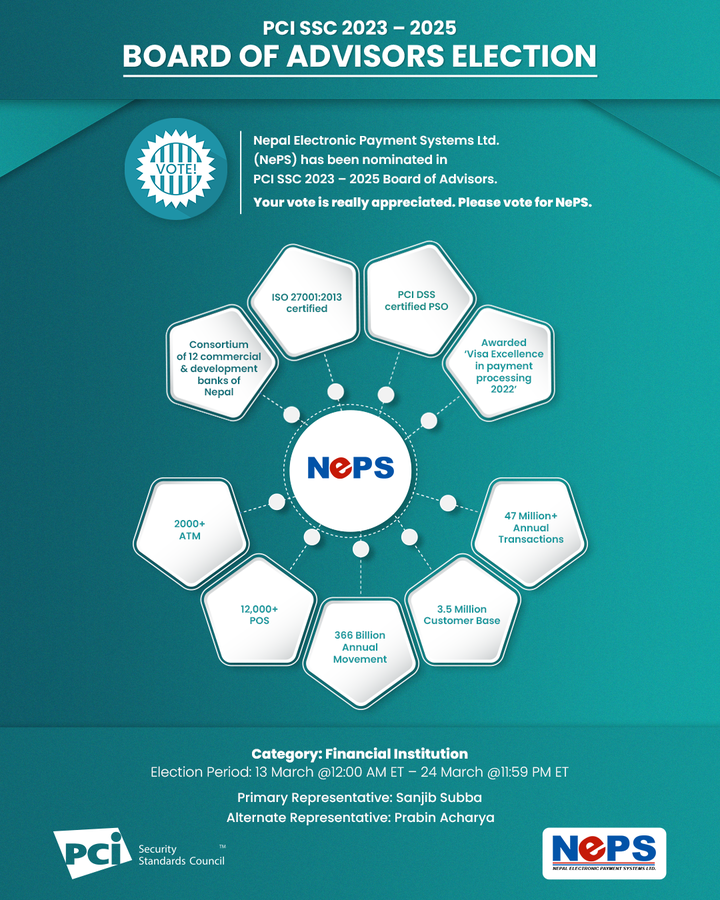Boulder retained 94% of participants in long-term care with buprenorphine, over 3 times the national average: demonstrating the remarkable effectiveness of its telehealth-only care model for opioid addiction.
PORTLAND, OR, June 22, 2023 /24-7PressRelease/ — Boulder Care announced today the results of a multi-year study with important implications for the role of high-quality telehealth in providing critically-needed addiction care. The study — funded by the National Institute of Health’s SBIR program — further supports the remarkable effectiveness of telehealth-only treatment for opioid addiction. The study was supported by the nationally-recognized Section of Addiction Medicine of Oregon Health & Sciences University (OHSU), whose researchers conducted an independent analysis of the data.
The prospective cohort study followed participants with an opioid use disorder (OUD) diagnosis in two settings: those who enrolled in Treatment as Usual (i.e., office-based medication treatment at OHSU-affiliated clinics) compared to enrollees in Boulder Care’s telehealth-only program. Both settings included buprenorphine, the gold standard medication for OUD, in their treatment.
96% of participants in Boulder Care remained engaged in buprenorphine treatment at 24 weeks — more than 3 times the national average of 30% for this HEDIS quality measure (*1) — with 94% at 36 weeks and nearly 90% at 48 weeks.
Boulder Care patients experienced significant improvements over the Treatment as Usual cohort, including 62% improvement in their risk of drop out (adjusted relative risk 0.38 [95% CI = 0.17, 0.86, p = 0.02]). Boulder Care patients also achieved better Health-Related Quality of Life (HRQoL): a CDC-validated metric describing the number of days in a month in which a patient reports good mental and physical health.
“These results indicate that telehealth for addiction care is not only a worthwhile option — one that should be available anywhere in the country — but it can also improve upon the current national standard of care,” said Dr. Stephen Martin, MD, EdM, a co-author on the study and Medical Director for Research, Education & Quality at Boulder Care.
“I’m especially encouraged that telehealth can both scale treatment and improve equity as it did in serving study participants, 80% of whom were Medicaid beneficiaries with lower incomes and multiple social needs.”
In February, the U.S. Drug Enforcement Administration (DEA) proposed a new rule that would require all patients in buprenorphine treatment for OUD to see a medical provider in-person (*2). This new study adds to a growing set of research published in the years surrounding the COVID-19 pandemic that demonstrate virtual-only care is as good or better than the current standard of buprenorphine-based care in the U.S.
About the Study
The Buprenorphine Evaluation and Telehealth Study (BEaTS) (*3) took place from September 2021 to January 2023.
The primary outcome was retention in buprenorphine-based treatment for OUD over time. This outcome was chosen because it is associated with substantially reduced mortality and morbidity, reduced substance use, fewer emergency department visits and hospitalizations, reduced hepatitis C virus (HCV) acquisition, and improved quality of life (*4). For these reasons, it is the principal national measure of quality care for OUD.
Additional outcomes captured included craving symptoms, the Brief Addiction Monitor (BAM) score, and Health-Related Quality of Life, each of which showed meaningful improvements post-intervention.
OHSU authors independently concluded that Boulder’s intentionally designed, fully virtual OUD treatment program improved retention over time compared to treatment as usual at OHSU-affiliated sites.
Boulder Care’s demonstrated retention rates above national industry benchmarks and the “treatment as usual” arm of the study is particularly compelling since 81% of Boulder participants were covered by Medicaid: ie, government coverage for low-income Americans.
Results were accepted for and presented at the 85th CPDD Annual Scientific Meeting this week in Denver, CO in a session titled: “Participant Retention in Digitally-Provided Buprenorphine Treatment for Opioid Use Disorder Compared With Treatment as Usual Office-Based Treatment: An Observational Longitudinal Cohort Study.”
Study researchers included Brian Chan MD, Ryan Cook PhD, Ximena Levander MD, Katharine Wiest PhD, Kim Hoffman PhD, Kellie Pertl MPH, Ritwika Petluri BA, Dennis McCarty PhD,
Todd Korthuis MD, and Stephen Martin MD.
——-
*1 Pharmacotherapy for Opioid Use Disorder [HEDIS Measures and Technical Resources]. NCQA. Published December 20, 2021. Accessed June 20, 2023. https://www.ncqa.org/hedis/measures/pharmacotherapy-for-opioid-use-disorder/
*2 https://www.dea.gov/press-releases/2023/02/24/dea-announces-proposed-rules-permanent-telemedicine-flexibilities
*3 Evaluating the Efficacy of a Digital Platform to Deliver Comprehensive Treatment for Opioid Use Disorder (BEaTS) [NCT NCT05529225]. ClinicalTrials. Accessed June 21, 2023. https://www.clinicaltrials.gov/study/NCT05529225
*4 Martin SA, Chiodo LM, Wilson A. Retention in care as a quality measure for opioid use disorder. Subst Abus. 2019;40(4):453-458. doi:10.1080/08897077.2019.1635969
——
Boulder Care is a digital clinic that offers long-term support and telehealth treatment for substance use. Dedicated care teams collaborate across medical, behavioral, and psychosocial dimensions to deliver evidence-based care and help patients work toward their unique recovery goals. Millions of people have access to Boulder Care through leading health plans, employers, and other partners. For more information, please visit www.boulder.care or contact us at press@boulder.care.
—
For the original version of this press release, please visit 24-7PressRelease.com here





